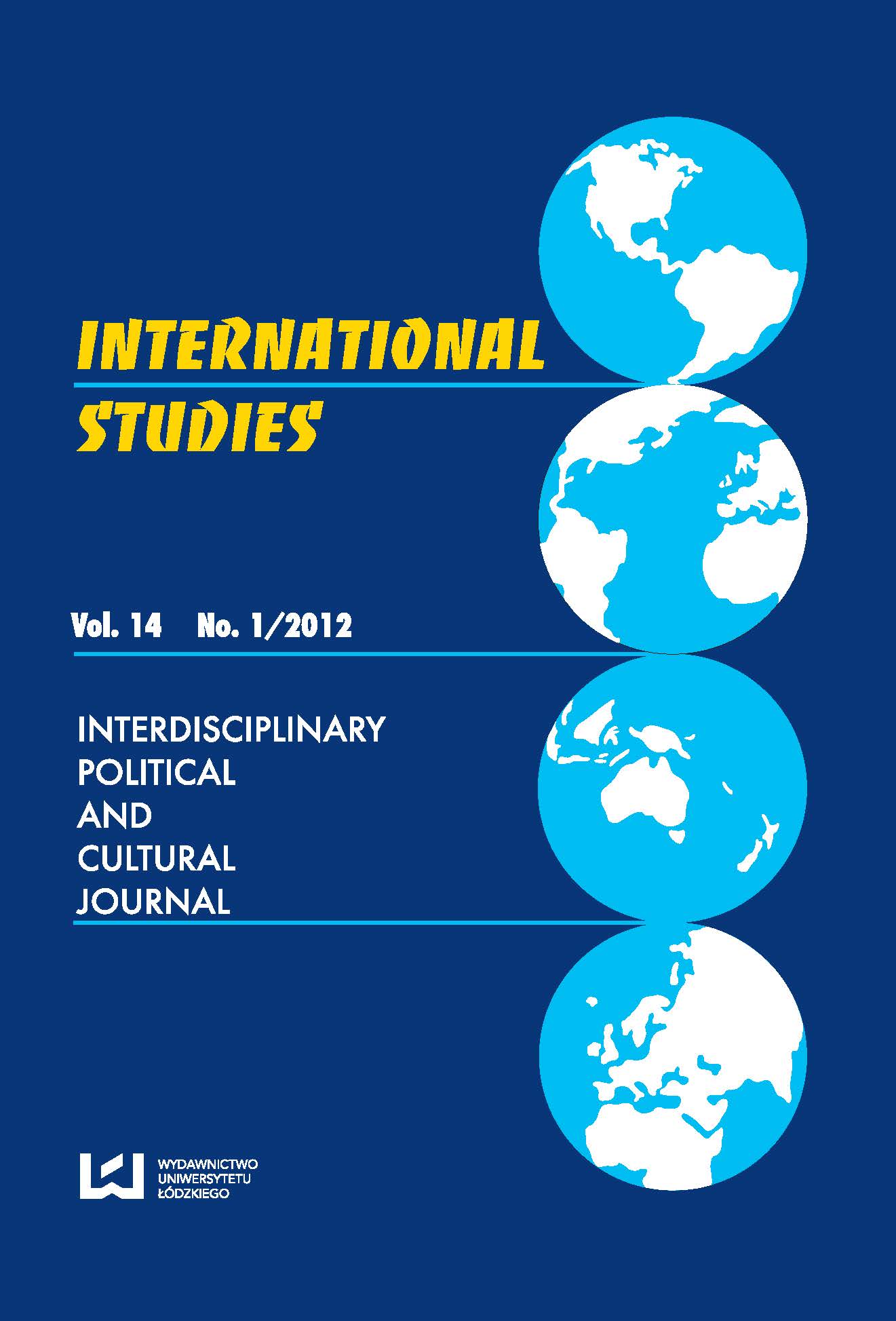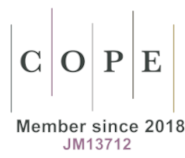Modernity, (Post)modernism and New Horizons of Postcolonial Studies. The Role and Direction of Caribbean Writing and Criticism in the Twenty-first Century
DOI:
https://doi.org/10.2478/v10223-012-0052-2Keywords:
postcolonialism, Caribbean literary criticism, Caribbean female writersAbstract
My article will take issue with some of the scholarship on current and prospective configurations of the Caribbean and, in more general terms, postcolonial literary criticism. It will give an account of the turn-of-the century debates about literary value and critical practice and analyze how contemporary fiction by Caribbean female writers responds to the socioeconomic reality that came into being with the rise of globalization and neo-liberalism. I will use David Scott’s thought provoking study-Refashioning Futures: Criticism after Postcoloniality (1999)-to outline the history of the Caribbean literary discourse and to try to rethink the strategic goals of postcolonial criticism.
Downloads
References
Als, Hilton. “Don’t Worry, Be Happy.” The Nation (Feb. 18, 1991): 207-209.
Google Scholar
Bauman, Zygmunt. “Living without an Alternative.” Political Quarterly 62 (Jan.–March 1991): 35-44.
Google Scholar
Bongie, Chris. “Exiles on Main Stream: Valuing the Popularity of Postcolonial Literature.” Sep. 2003. 23 Dec.2008. http://www.iath.virginia.edu/pmc/textonly/issue.903/14.1bongie.txt
Google Scholar
Covi, Giovana. Jamaica Kincaid’s Prismatic Subjects: Making Sense of Being in the World. London: Mango Publishing, 2003.
Google Scholar
Cudjoe, Selwyn. Ed. Caribbean Women Writers: Essays from the First International Conference. Wellesey, MA: Calaloux, 1990.
Google Scholar
Dirlik, Arif. After the Revolution: Walking to Global Capitalism. Hanover, N.H.: UP of New England, 1994.
Google Scholar
Dirlik, Arif. “The Postcolonial Aura: Third World Criticism in the Age of Global Capitalism.” Critical Inquiry 20 (Winter 1994): 328–56.
Google Scholar
Donnell, Alison. Twentieth-Century Caribbean Literature: Critical Moments in Anglophone Literary History. London and NY: Routledge, 2006.
Google Scholar
During, Simon. “Introduction.” The Critical Studies Reader. 2nd ed. Ed. Simon During. London: Routlege, 1999.
Google Scholar
Fukuyama, Francis. “The End of History?” The National Interest 16 (Summer 1989): 3-18.
Google Scholar
Gikandi, Simon. Writing in Limbo: Modernism and Caribbean Literature. Ithaca, NY: Cornell UP, 1992.
Google Scholar
Gilroy, Paul. The Black Atlantic: Modernity and Double Consciousness. Cambridge: Harvard University Press. 1993.
Google Scholar
Huggan, Graham. The Post-Colonial Exotic: Marketing the Margins. London: Routledge, 2001.
Google Scholar
Ippolito, Emilia. Caribbean Women Writers: Identity and Gender. Rochester, NY: Camden House, 2000.
Google Scholar
Laclau, Ernesto. “Politics and the Limits of Modernity.” Universal Abandon? The Politics of Postmodernism. Ed. Andrew Ross. Minneapolis: University of Minnesota Press, 1989.
Google Scholar
Lou Emery, Mary. Modernism, the Visual, and Caribbean Literature. Cambridge: Cambridge UP, 2007.
Google Scholar
MacDonlad-Smythe, Antonia. Making Homes in the West Indies: Constructions of Subjectivity in the Writings of Michelle Cliff and Jamaica Kincaid. New York: Garland, 2001.
Google Scholar
Pollard, Charles W. “Traveling with Joyce: Derek Walcott Discrepant Cosmopolitan Modernism.” Twentieth Century Literature. Vol. 47 Issue 2. (Summer2001):197–217.
Google Scholar
Ramchand, Kenneth. The West Indian Novel and its Background. London: Heinemann, 1970
Google Scholar
Scott, David. Refashioning Futures: Criticism After Postcoloniality. Princeton, NJ: Princeton UP, 1999.
Google Scholar
Scott, Helen. Caribbean Women Writers and Globalization: Fictions of Independence. Bodmin, GB: Ashgate, 2006.
Google Scholar
Scott, Helen. “‘Dem tief, dem a damn tief’: Jamaica Kincaid’s Literature of Protest.” Callaloo 25.3 (2002): 977-800.
Google Scholar
Wisker, Gina. Postcolonial and African American Women Writing. NY: St. Martin’s Press, 2000.
Google Scholar
Downloads
Published
How to Cite
Issue
Section
License

This work is licensed under a Creative Commons Attribution-NonCommercial-NoDerivatives 4.0 International License.

















